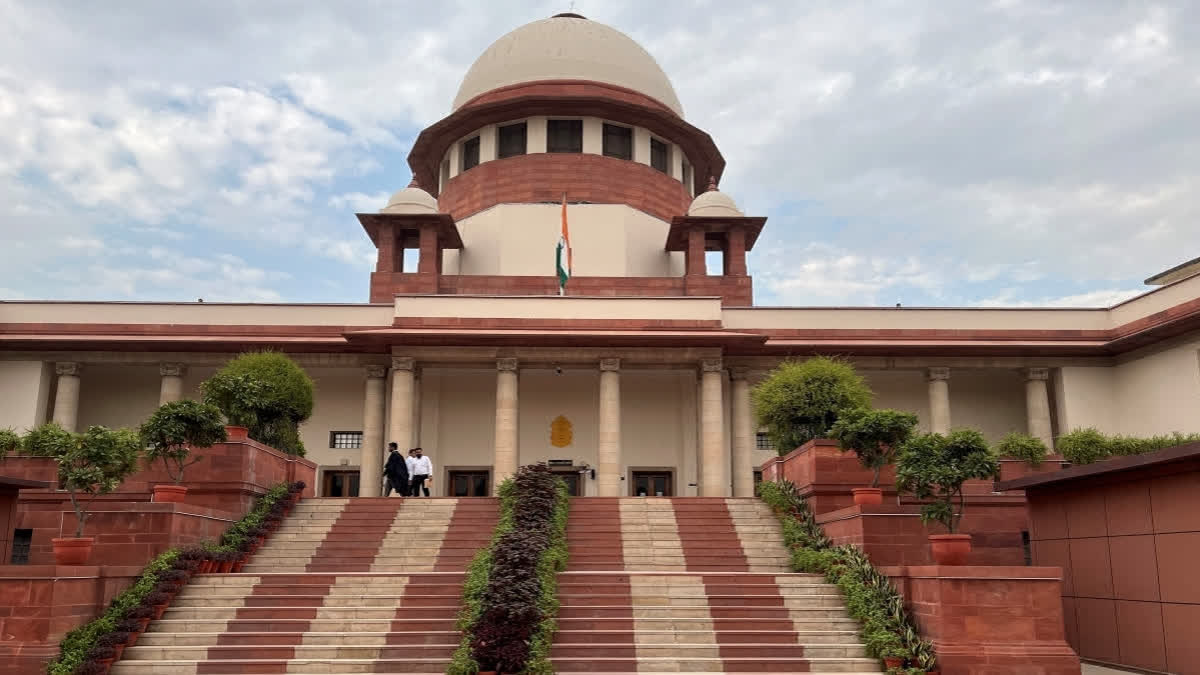New Delhi: The question of whether a woman can be made an accused in a rape case under Section 375 of the Indian Penal Code (IPC) arose before the Supreme Court on Friday. The apex court was hearing an anticipatory bail plea by a 61-year-old widow claiming that she had been implicated in a false rape case filed against her son.
During the hearing, a bench comprising justices Hrishikesh Roy and Sanjay Karol expressed doubts over whether a woman can be booked in a rape case. The bench orally observed that according to it, it is only a man who can be accused. Advocate Rishi Malhotra, representing the petitioner, submitted that woman can never be booked for rape.
Malhotra said the apex court in Priya Patel case held that a woman cannot be said to share common intention in gang rape cases as women are excluded in rape definition. The apex court issued notice on the woman’s plea and also ordered stay of arrest.
Section 375 of the Indian Penal Code (IPC) defines the offence of rape and this provision begins by referring to a "man"as the perpetrator, meaning that generally only men can potentially be booked for the offence of rape.
The complainant had a long-distance relationship with the elder son of the widow after they met via Facebook. It has been claimed that the complainant and the widow’s elder son, who lives in the US, got married, without any rituals or ceremonies, over a video call. The widow’s elder son has never met the complainant physically. The complainant eventually started to live in the house of the widow. In January this year, the petitioner's younger son came home from abroad. The petitioner said that her family members began pressuring her to end the informal marriage arrangement between the complainant and her elder son.
The petitioner’s plea contended that a compromise agreement was executed with the complainant in the presence of panchayat members to terminate the said relationship. The widow gave Rs 11 lakh to the complainant as part of the compromise, which was executed in February this year.
The plea claimed that, week after the compromise, the complainant filed criminal case against the widow and her younger son, accusing them of having committed rape (Section 376 (2)(n) of the IPC), wrongful confinement (Section 342), hurt (Section 323) and criminal intimidation (Section 506).
A trial court in Punjab declined to grant petitioner pre-arrest bail. Similarly, the Punjab and Haryana High Court declined to entertain her plea seeking pre-arrest bail. The petitioner moved the apex court seeking relief.


